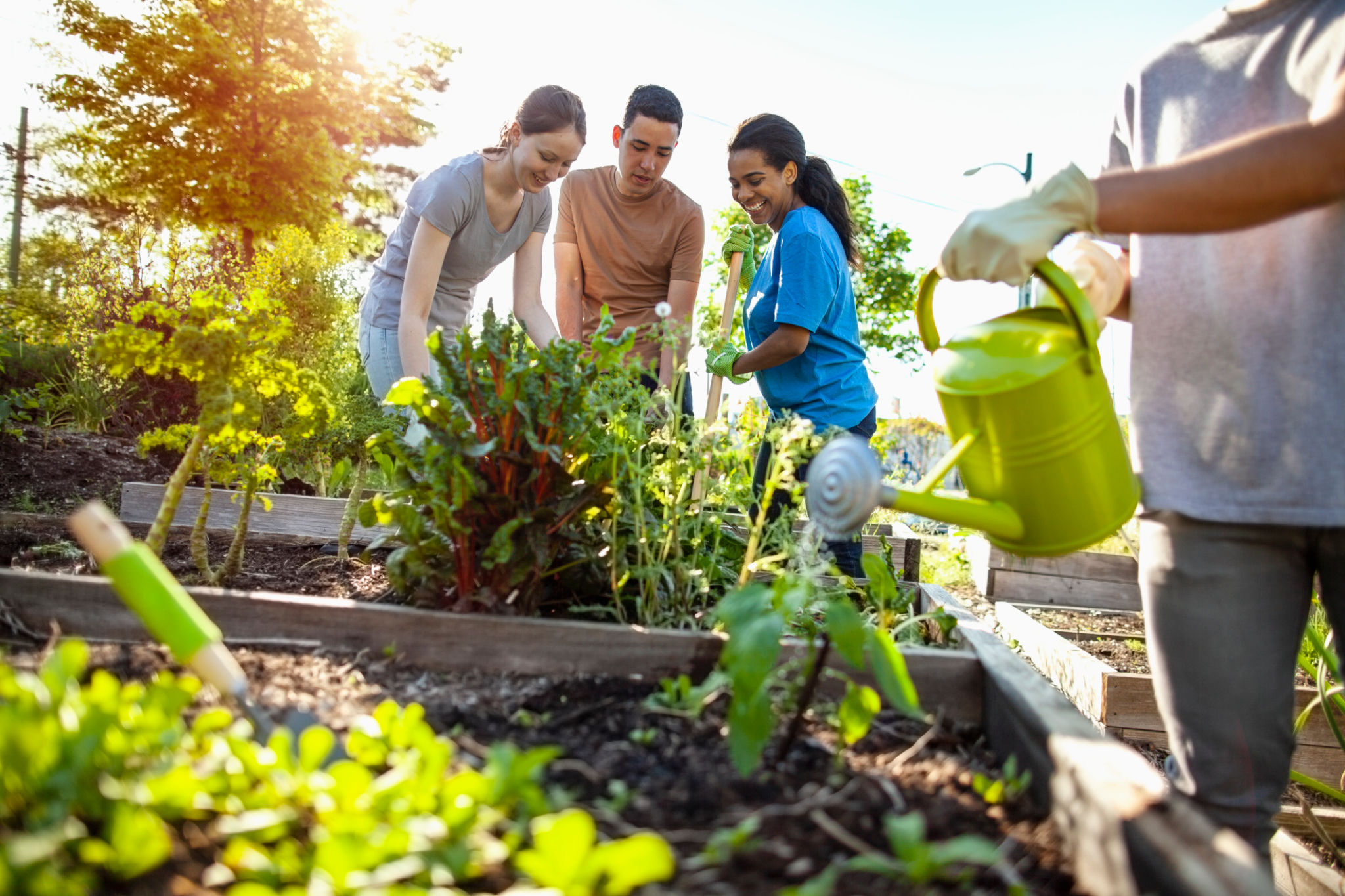Innovative Farming Techniques for Urban Growers in Malawi
LW
Urban Agriculture: A Promising Future for Malawi
Urban agriculture is gaining momentum worldwide, offering a sustainable solution to food scarcity and land limitations, especially in densely populated regions. For Malawi, a nation rich in agricultural heritage but facing rapid urbanization, embracing innovative farming techniques is not just an option—it's a necessity. Urban growers in Malawi are increasingly adopting modern farming methods, which are transforming city landscapes and contributing to food security.
Urban farming in Malawi presents unique challenges and opportunities. With limited space and resources, urban growers must be innovative and resourceful. By leveraging new technologies and practices, they are turning these challenges into opportunities to create sustainable urban agriculture systems.

Vertical Farming: Maximizing Space Efficiency
One of the most effective strategies for urban farmers in Malawi is vertical farming. This technique involves growing crops in stacked layers, allowing for more plants to be cultivated in a smaller footprint. Vertical farming not only maximizes space efficiency but also enhances crop yields by enabling controlled growing environments.
By incorporating hydroponics or aquaponics into vertical farming systems, urban growers can further optimize resources such as water and nutrients. These systems reduce the need for traditional soil, making them ideal for urban settings where soil quality may be compromised.
Smart Irrigation: Conserving Water Resources
Water scarcity is a critical issue in many parts of Malawi, making efficient water use essential for urban agriculture. Smart irrigation systems offer a solution by using sensors and automated controls to deliver water precisely when and where it's needed. This technology not only conserves water but also ensures that crops receive optimal hydration for growth.

Implementing smart irrigation solutions helps urban farmers reduce water waste and lower operational costs. Additionally, these systems can be tailored to suit different crop types and environmental conditions, making them versatile tools for diverse urban farming setups.
Community-Based Farming: Strengthening Local Networks
Community-based farming initiatives are playing a crucial role in the success of urban agriculture in Malawi. These collaborative efforts bring together local growers, enabling them to share resources, knowledge, and skills. Community gardens and cooperatives promote social cohesion while providing fresh produce to local neighborhoods.
Such initiatives often involve training programs that equip urban farmers with the skills needed to adopt innovative techniques. By fostering a sense of community and shared purpose, these projects empower individuals and contribute to the overall resilience of urban food systems.

The Role of Technology and Education
Technology and education are pivotal in advancing urban farming practices in Malawi. Mobile apps and online platforms offer growers access to real-time data on weather patterns, pest management, and market trends. This information enables informed decision-making and enhances productivity.
Educational programs and workshops focused on sustainable agriculture practices are essential for building the capacity of urban growers. By staying informed about the latest advancements in farming technology, they can continue to innovate and improve their operations.
Conclusion: A Sustainable Path Forward
The adoption of innovative farming techniques by urban growers in Malawi represents a sustainable path forward for the country's agricultural sector. By embracing methods like vertical farming, smart irrigation, and community-based initiatives, Malawi's urban farmers are transforming their cities into hubs of agricultural innovation.
As these practices continue to evolve, they hold the potential to significantly contribute to food security and economic development in Malawi. The future of urban agriculture in Malawi is bright, driven by the creativity and resilience of its growers who are paving the way toward a more sustainable future.
